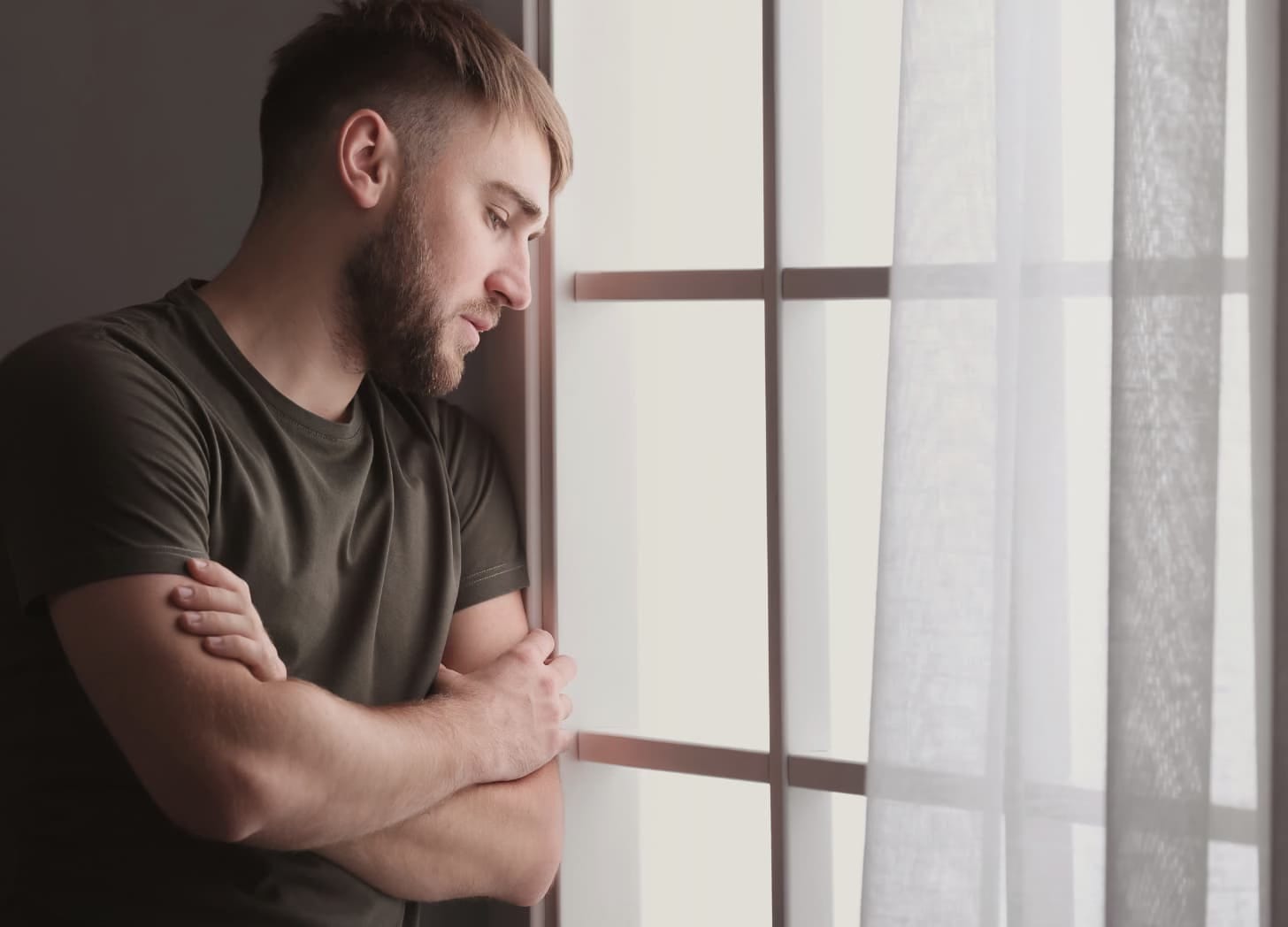What If You Don’t Have a Chosen Family?
So many queer stories celebrate chosen family. This is for those who never found one.
The voicemail was left from a blocked number. Thirty-eight-year-old software engineer, successful by every metric that matters to LinkedIn. His words came out in careful, measured sentences. The kind you rehearse before calling a therapist.
"I keep reading about chosen families," he said. "But what if you're just... not chosen? What if you came out and nobody came running?"
I saved the message. Played it back three times. Each time, I heard the same thing underneath his calm delivery: a loneliness so complete it had crystallized into resignation.
He's not alone in this particular kind of alone.



